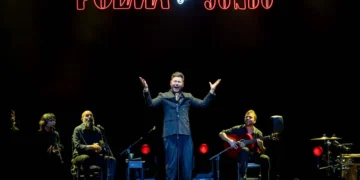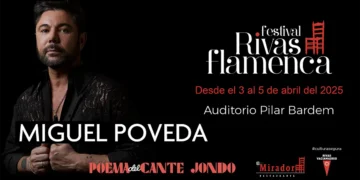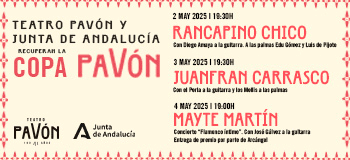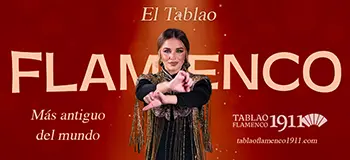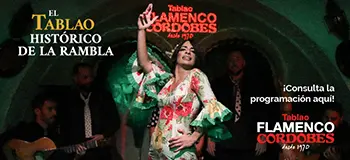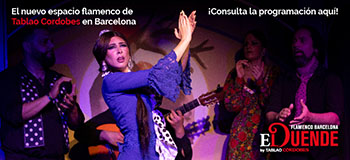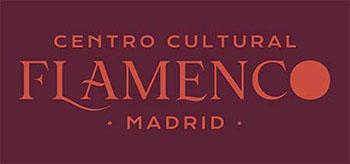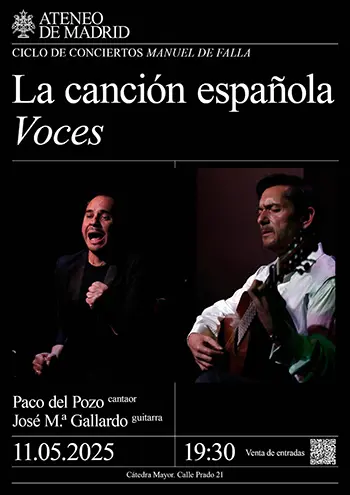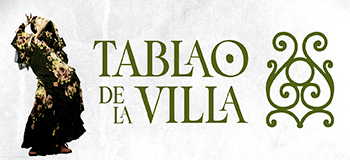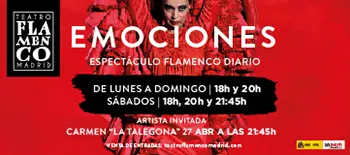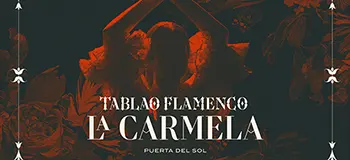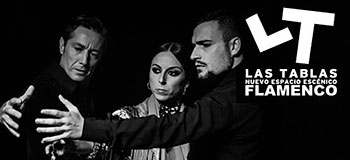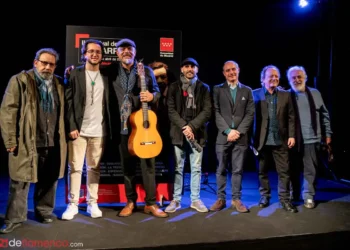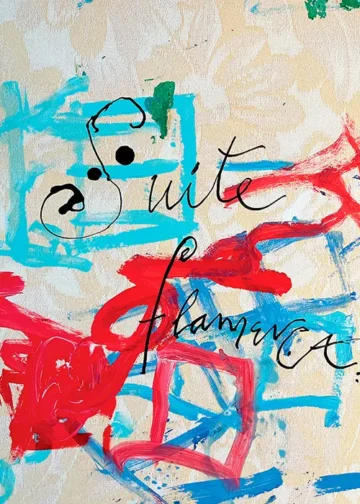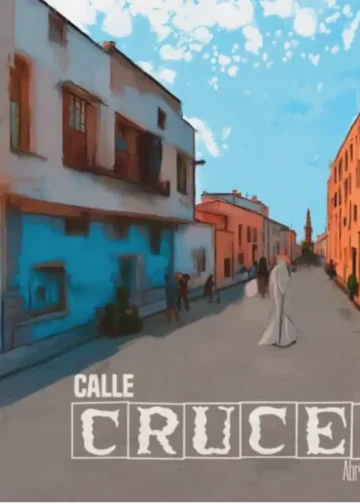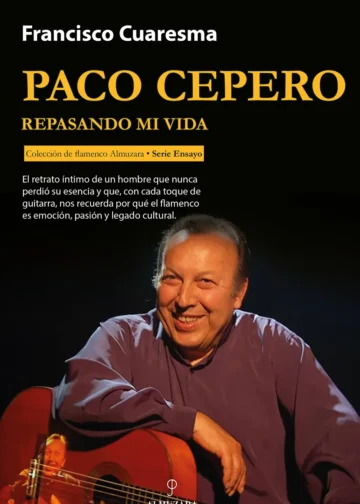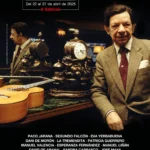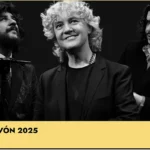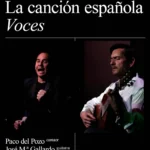|
FESTIVAL DE NIMES 2008
|
|
THE MAGICIAN Cante: Miguel Poveda. Guitar: Juan Gómez “Chicuelo”. Palmas: Carlos Grilo, El Londro. Guest artist: Diego Carrasco. Miguel Poveda is a miracle. Not only because he is a great artist. Not only because is from Catalonia and a major flamenco singer, nor because of the four prizes he won in La Unión in 1993 at barely 20, nor because he recorded cante in the Catalonian language or spectacularly collaborated with the Pakistani singer Faiz Ali Faiz. Nowadays, when flamenco followers are absurdly divided between “gypsyphiles” and “Andalucistas”, the miracle of Miguel Poveda is that he has achieved what no one else has managed since Camarón: he is admired equally by flamenco fans of all stripes. Or perhaps it’s not such a miracle, but merely the inevitable result of bringing together knowledge, diligence, boundless love for flamenco, artistic sensitivity and a healthy open authentic personality. The thing is, even militant hardliners are in awe of Miguel Poveda, the chameleon. And that requires a few clarifying words for those who are not yet familiar with Poveda, if indeed there is any such person. Jerez singer Luis el Zambo, so admired by Miguel, said in an interview years ago: “…this kid manages to give each cante it’s proper flavor, I don’t know how he does it”. In free-form cantes, he traces delicate melismas while avoiding kitsch, his alegrías and cantiñas smell of the sea, his soleá, siguiriya and tonás have specific gravity and in bulerías, he’s a whiz with good taste to boot. In other words, Miguel delivers the goods, all the cantes, user-friendly and ready for consumption. The first cante is tonás with a subtle background drone, followed by tasty alegrías and cantiñas that Miguel Poveda does so well, ending with the most classic bulerías de Cádiz. His ability to construct a cante recital juxtaposing rhythmic cantes with free ones, serious forms with lighter ones, is admirable. Few singers move so effortlessly between so many palos, and he manages this largely with the help of a catalogue of voices, the right one for each moment. If sweet precious melisma is perfectly administered in cante de Levante, a full-throated voice from the chest is not lacking for those cantes that require it. Delivering the goods, all the cantes, user-friendly and ready for consumption Just two cantes into the recital, and already the audience is his. A malagueña of Chacón is ended with abandolao. Chicuelo on guitar is admirable at every moment; aside from his knowledge, he resists the temptation to use jazz chords that sound so good in concert pieces, and so out of place accompanying cante. The barely audible sound of bulerías paves the way for Diego Carrasco’s appearance as he sings the first lines of a song that is quickly becoming a classic, “Alfileres de Colores”. Miguel arrives on the scene marking his gentle bulerías dance to Carrasco’s irresistible compás, and the two wonderboys, from Santiago and Catalonia respectively, are riding the same train to the same flamenco destination. In soleá, the singer recalls classic styles, and tientos are ended with tangos from Extremadura, Cádiz and Triana, alternately delicate or powerful, all the more interesting thanks to Poveda’s ability to employ a variety of voices. A tribute to Quintero, León and Quiroga he calls “La Radio de mi Madre” (my mother’s radio), is a frankly brilliant mix of fragments of famous Spanish songs. The singer’s professionalism includes his ability to chat amiably with the audience. He explains he has a cold that resulted from having fulfilled the birthday wish of his sister, dancer Sonia Poveda, of going to the beach in Cádiz just two days earlier. He presents his two Jerez palmeros, Carlos Grilo and singer Londro, and his friend and guitarist, Juan Gómez “Chicuelo”, then inviting us all to join him on “a charter flight to Jerez” where he demonstrates his ease with the compás, and the tremendous affection he has for this town. The obligatory encore is a brief reprise of “Alfileres de Colores” with Diego Carrasco and Miguel Poveda, so different, so similar, so flamenco. |




